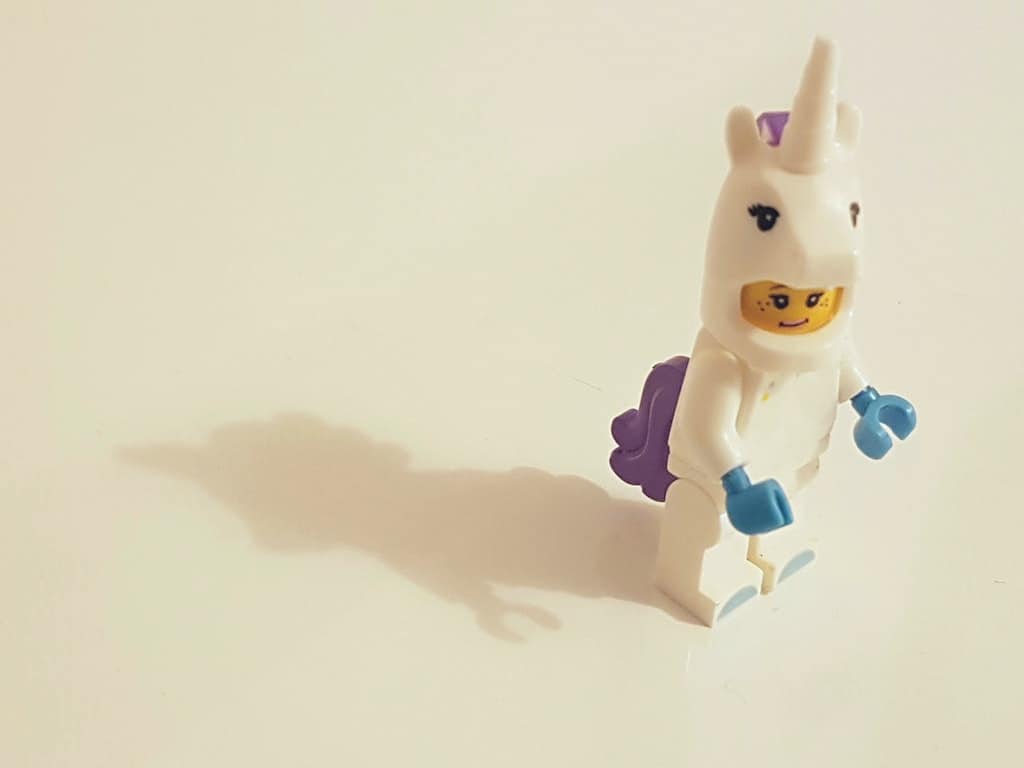I’ve been working in for UX for about a decade and freelanced on and off for about five years. Last year, I started consulting full time again, abandoning the 9-5 life and making my main source of employment a series of projects from different clients.
Since then, I’ve had countless conversations with other UX professionals who are considering moving to freelancing as their next career step.
They usually say they’re looking for freedom, more money, the ability to work on more interesting problems or learn new things – or even just the chance to work in their pyjamas regularly. Since I started consulting, I’ve expanded my focus into more strategy and product work across a wide variety of industries, and have met all kinds of interesting, smart colleagues.
While I wouldn’t change a thing about my situation, I’m always cautious about encouraging others to jump into the freelance world, because it’s definitely not for everyone. Here are some things I’ve learned along the way to consider before you quit your day job.
Freelancing pros and cons
Yes, it’s true that I spend most days in yoga pants, travel frequently, and work on some pretty cool projects. But consulting isn’t all sunshine and rainbows. There are many things that are great about consulting, some things that aren’t so great, and some things that just depend on the day.

Schedule: One of the things I love most about consulting is being in total control of my schedule. There’s no expectation that I’m at my desk from 9 am to 5 pm. Sometimes I get in a zone and finish an entire report in one very long day and take the next morning off to let ideas percolate. Of course I have meetings and deadlines, but I can usually finagle things to work well for my clients and myself.
On the flip side, juggling your schedule can be difficult. I’m quite disciplined about getting things done, but I’ve never quite figured out a way to create a consistent schedule. Sometimes I’ve had priority work on different projects collide at the same time or I’ve said yes to a few too many things and ended up working crazy hours to get everything done. Such is a consultant’s life.
Money: I absolutely find that I make more money freelancing than when I worked in-house, even in leadership roles. I’m still experimenting with how I bill, but I tend to use value-based pricing for entire projects rather than charge hourly. I often ask clients to pay me 50% of the total upfront and the rest upon project completion, which can make managing money tricky, especially when you’re used to a consistent paycheck.
You also have to know that you’ll never be able to collect money as though you’re billing 40 hours a week, every week. You have to account for supplies, tool costs, benefits, and set aside time for administrative tasks like sending invoices, business development, and, of course, downtime. No one gives you sick time or vacation days when you freelance.
Inevitably, I’ve also run into time periods where I don’t have anything billable booked. An open schedule can be scary, so I use this time to do things like reach out to colleagues or potential clients, write articles, research new tools, try to learn something new, or catch up on administrative work. One of the benefits of this downtime is the space to learn, exploring the vast array of available online courses or just experimenting with a new method or tool.
Work environment: I mostly work from home, which means I wear what I like, can pet my dog throughout the day, don’t contend with traffic, and for better or worse, have all day access to my kitchen. All great, but it also means that sometimes the only person I see in the flesh each day is my husband.
I have to make an extra concerted effort to hang out with colleagues, so I’ve become more active in my local meetups and groups (shout out to Ladies that UX Durham – love yall!) I also found I need to be more social during the week, even if that means going to a fitness class instead of biking solo or talking on the phone while I shop.
What services will you provide?
I’ve been focused on research and strategy for most of my career. I won’t rehash the “Should I be a unicorn?” or “Do designers need to code?” debates, but I’ll admit that when I first starting freelancing, I was worried I wasn’t going to be able to find enough work without doing visual work. Turns out, I was totally wrong. Phew!

You absolutely don’t need to be a unicorn or try to tackle projects that aren’t your speciality. But it helps to have a broad set of experience and at least one area of deep expertise you can market and use to define your services. You can match what you’re good at and what you like to define the kind of projects you target, the projects you’re OK with taking, and what you will certainly turn down.
Clearly defining your services and interests are important because it tells other people what to turn to you for. if I know someone has great interaction design skills and tonnes of experience with financial products, I’ll suggest them anytime I see a project like that. If someone tells me they’ll do anything that comes their way, they probably won’t come to mind for any projects I know about.
How will you find clients?
This is a question that I get asked time after time, and the answer is incredibly simple in concept but hard in practice: treat your clients and colleagues as you would users and provide them with a good experience working with you.
More specifically, you have to do good work and other people have to be willing to talk about it. This can either mean that your clients are pleased with your work and will re-hire you or tell other potential clients, or that your peers in UX like your work and can refer you when they need help or can’t take something on. It really is true that a huge amount of success in consulting is based on networking and who you know, but that only works to your advantage if the people you know have had a good experience working with you. Right now, every single one of my clients is someone I’ve previously worked with or have gotten a good reference.
This is where, once again, it helps to have a clearly defined, slightly unique set of skills or interests. There are tonnes of researchers and tonnes of designers, but if you’re known as a researcher who loves qualitative work and medical products, people will think of you whenever they come across that kind of project. Just be sure that you don’t define yourself too narrowly.
You can also use job boards to identify potential projects or try recruiting agencies, but I haven’t found either as fruitful as having my name passed on from a previous contact. More on finding freelance UX work here.
Are you really suited for all that?
Even if all the potential pros sound amazing to you and you have the skills and network to pull off freelancing, take a moment to reflect on your personality and soft skills.
Are you detailed, organised, and willing to juggle many different client requests and manage your own schedule? Are you a natural risk-taker who can cope well with slow periods or lack of viable work? Are you assertive enough to negotiate terms for yourself? Do you mind working by yourself a lot?
There’s a lot to think about before leaving the security of a full-time job. I love freelancing, but it’s worth carefully considering the pros and cons and your skillset and personality before taking the leap. Best wishes for whichever path you choose!
Do you have experience or tips on freelancing for UX professionals? Leave a comment on the blog or in the forums!






